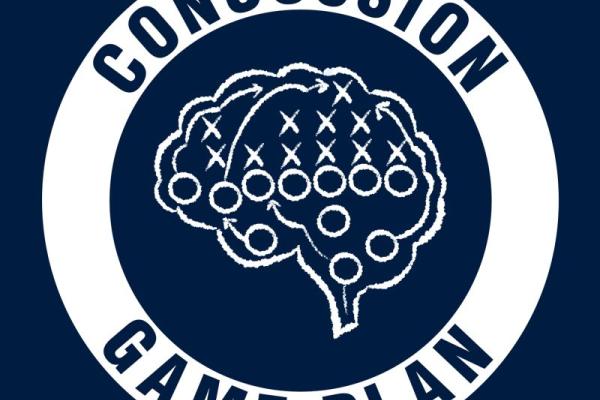Ohio State Workshop on Importance of Media in Concussion Conversation Held Right Before Tua Tagovailoa Incident

By Lauryn Luderman
The Concussion Legacy Foundation Media Project on Sept. 29 brought first-of-its-kind programming to Ohio State to train student and professional journalists about properly describing concussions, what should happen during in-game concussion evaluations, and what to expect after a concussion is diagnosed. Just after our session, Tua Tagovailoa suffered a concussion that the is NFL investigating.
Accurate sports reporting on concussions is becoming more vital and Brandon Boyd has dedicated his career to educating future sports journalists about its importance.
Boyd, education programs manager for the Concussion Legacy Foundation, runs the CLF Media Project, which is centered around their traveling concussion reporting workshop.
Boyd’s next stop? Ohio State.
CLF’s concussion reporting workshop teaches college journalists the proper ways to describe concussions, and the before and after concussion diagnosis procedures.
“You hear things like, oh, you know, he got dinged up, or he got his bell rung,” Boyd said.
This commentary showed the need to communicate this injury.
The media project was developed to make broadcasters aware of what a concussion injury is and then report accurate information and protocol to viewers.
Boyd took his concussion reporting research and created a presentation aimed to engage students while educating them on the severity and importance of being correct when broadcasting.
As the workshop expands Boyd expects to reach more students and create a network of those who have been through the presentation.
“If it makes them think 1% differently about the concussion that they might cover it is a win for us,” Boyd said.
The biggest takeaway from Boyd’s presentation is knowing the signs of a concussion and being able to report it factually.
Following the workshop, Boyd encourages students to visit CLF’s website and get concussion reporting certified.
The certification consists of a free, 19-question quiz that teaches as it advances.
“I’ve never had someone say that they did not learn something as a result,” said Boyd. “It’s interactive. It’s fun and has some videos baked in. It’s a great opportunity.”
Boyd also manages CLF’s Flag Football Under 14 and Concussion Legacy Captains programs.
Concussion injuries are frequent, so attending this first-of-its-kind workshop ensures journalists are prepared and confident in their reporting.
“The opportunity we are providing here is giving you the background of why this is important and the tools and confidence to cover the injury when it happens in your sports journalism career,” Boyd said. “You have a choice of whether you want to be ready to talk about them or ignore them and possibly say the wrong thing.”
